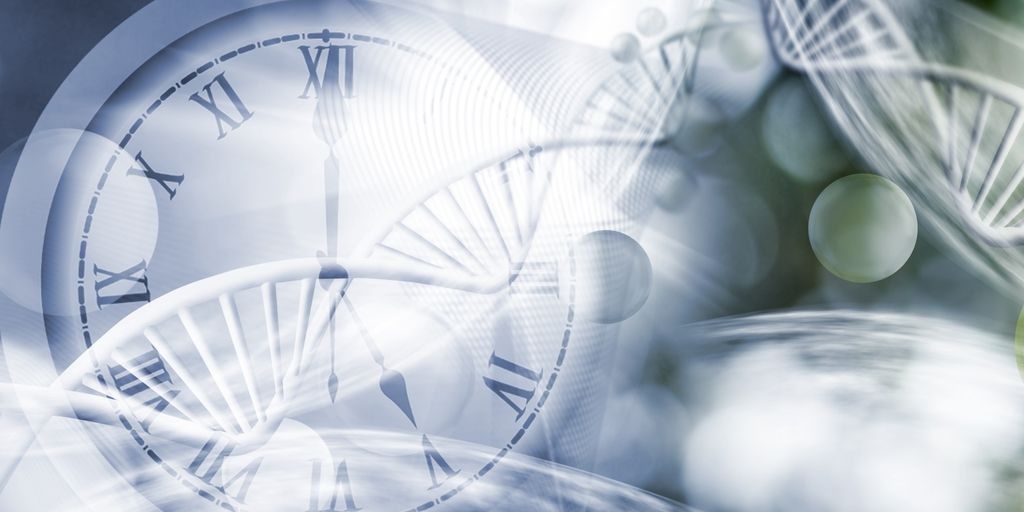We all know a good night's sleep is important for feeling rested. But did you know the quality and consistency of your sleep can also directly impact your DNA and the rate of your aging? Recent scientific research is revealing how disrupted sleep patterns may undermine your body's natural ability to repair DNA damage. This cellular damage accumulates over time and is one of the key drivers of aging. Maintaining healthy sleep habits could help preserve your youth at a genetic, DNA level. Deep sleep, in particular, plays a vital role in DNA repair. During deep sleep, the body activates natural repair processes to scan and mend broken strands within our DNA (Gaddameedhi et al., 2017). One study linked disrupted sleep patterns from simulated night shifts to impaired DNA repair pathways and reduced ability of cells to fix damaged DNA (Van Dongen et al., 2020). Without sufficient deep sleep, this decreased DNA maintenance from disrupted circadian rhythms could increase health risks like cancer by allowing more uncorrected mutations to accumulate in our cells' DNA over the long term. Our DNA is constantly under attack from various sources of damage throughout the day. It is during deep sleep that the body precisely times restorative functions through normal circadian rhythms to conduct natural repair of broken DNA strands. By supporting healthy, uninterrupted deep sleep, you allow your body to optimally regulate this crucial daily repair of cellular damage at the DNA level. Choosing a natural sleep aid can help consolidate your nightly deep rest and safeguard the integrity of your DNA as you age. Investing in quality, deep slumber is an investment in slowing visible signs of aging at a genetic, molecular DNA level.

